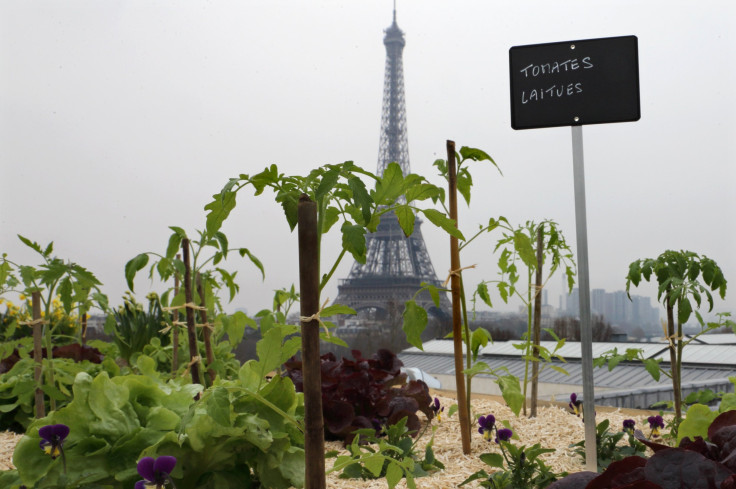New French law requires partial cover with plants or solar panels all roofs of new buildings in commercial zones

France is giving clean energy a bigger push by requiring that all new buildings must be partially covered by solar panels or plants. The new rules apply to all new buildings in commercial zones.
By creating green roofs, building owners and tenants are expected to have lower energy consumption both during winter and summer. With plants on rooftops, problems with runoff are expected to be addressed, while the very urban characteristic of cities of being a concrete jungle would be modified as the greenery offers birds a habitat, reports CSGlobe.
Inhabitat explains that the plants on rooftops would help reduced urban "heat island" effect. It happens when greenery are destroyed to build a city. The land, because of lack of plants, retain heat, resulting in large urban areas being hotter by 1.8 to 5.4 degrees Fahrenheit than surrounding areas at daytime. However, at nighttime, it is 22 degrees Fahrenheit warmer, according to the Environmental Protection Agency.
With the new law, France joins Germany, Australia and Canada’s Toronto as placed where it is mandatory to convert roofs of new buildings into green zones. The Canadian city adopted the by-law in 2009, covering the roofs of all new residential and industrial buildings.
The French government compromised with green activists who originally want 100 percent cover of either solar panels or plants on the roof. Since solar panels are an alternative to plants, France would be able to improve its use of clean energy since as of summer of 2015, France had only 5 gigawatts of photovoltaics installed, or equivalent to just 1 percent of all energy production in the country.





















